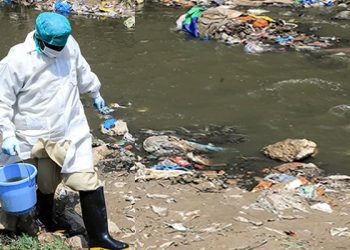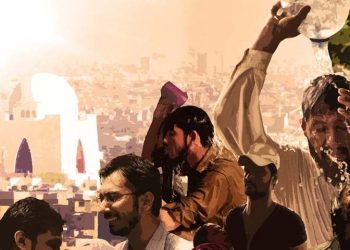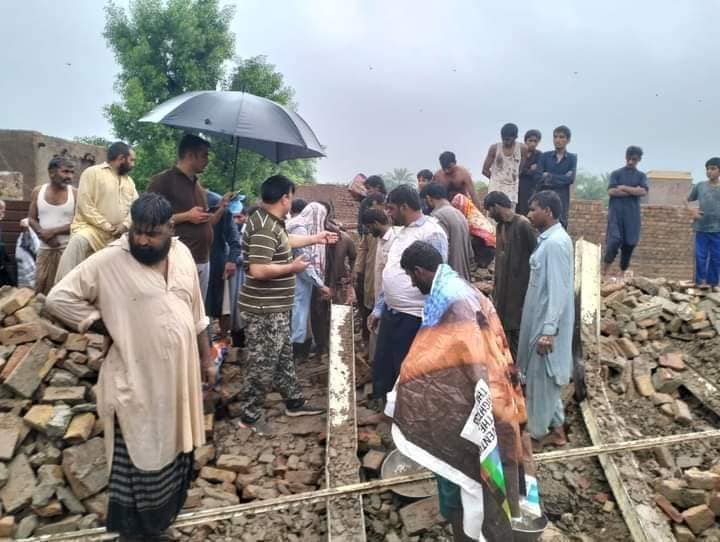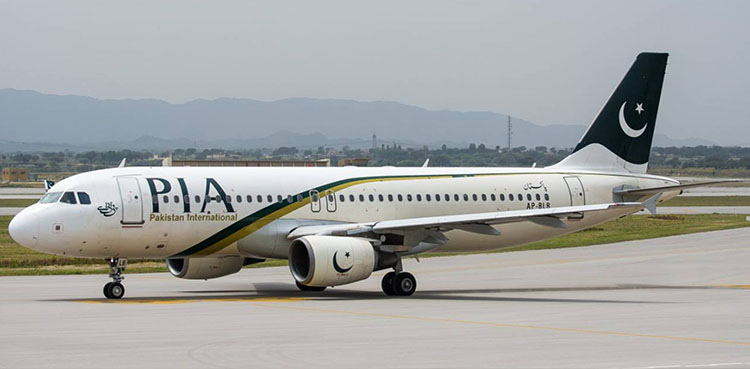Australian government has re-named one of the streets in Melbourne as ‘Mooltan Street’ in a bid to pay homage to Pakistan’s Multan city also known as ‘city of saints’.
As per details, the development was shared by Pakistan’s Foreign Minister’s Public Diplomacy official Twitter account citing Australia’s acknowledgement of Pakistan’s rich cultural heritage.
“Fancy a stroll this Footprint Friday? Head down to Mooltan Street in the suburbs of Melbourne, Australia, named after the historic city of Multan in the Punjab, oft referred to as the ‘City of Saints’ with its history stretching deep into antiquity,” read the tweet.
https://twitter.com/FMPublicDiploPK/status/1367736630359056385
Multan city is the capital of Multan Division in Punjab, Pakistan. Located on the bank of the Chenab River, Multan is Pakistan’s 7th largest city and is the major cultural and economic center of southern Punjab.
The origin of Multan’s name is unclear. Multan may derive its name from the Old Persian word mulastāna, meaning “frontier land,” or possibly from the Sanskrit word mūlasthāna (the root place), which itself may be derived from the Hindu deity worshipped at the Multan Sun Temple. Hukm Chand in the 19th century suggested that the city was named after an ancient Hindu tribe that was named Mulu.
Multan’s history stretches deep into antiquity. The ancient city was site of the renowned Multan Sun Temple, and was besieged by Alexander the Great during the Mallian Campaign. Multan was one of the most important trading centres of medieval Islamic India, and attracted a multitude of Sufi mystics in the 11th and 12th centuries, earning the city the sobriquet City of Saints (madinat-ul-auliya). The city, along with the nearby city of Uch, is renowned for its large number of Sufi shrines dating from that era.
Some of the notable Sufi shrines in Multan include;
- Shah Yousaf Gardezi (d. 1136), tomb located inner Bohar Gate Multan
- Mai Maharban (11/12th Century), tomb located near Chowk Fawara, children complex Multan
- Bahauddin Zakariya (1170–1267), tomb located in Multan Fort
- Makhdoom Abdul Rasheed Haqani (1170 – 1260), tomb located in Makhdoom Rasheed Multan
- Shah Rukne Alam (1251–1335), tomb located in Multan Fort
- Khawaja Awais Kagha (d. 1300)3, tomb located in Dera Basti graveyard Multan
- Syed Musa Pak (d. 1592)
- Hafiz Muhammad Jamal Multani (1747–1811)
- Syed Ata Ullah Shah Bukhari (1892–1961), buried in Jalal Bakri
- Syed Noor ul Hassan Bukhari (1902-1983), buried in Jalal Bakri
- Ahmad Saeed Kazmi (1913-1986), buried in Eid Gah, Multan
- Hazrat Qazi Hisamuddin Multani known as Qazi Jamaluddin Multani Badauni
- Baha Ud Din Zikriya Tomb located on Ghanta Ghar Multan


















































